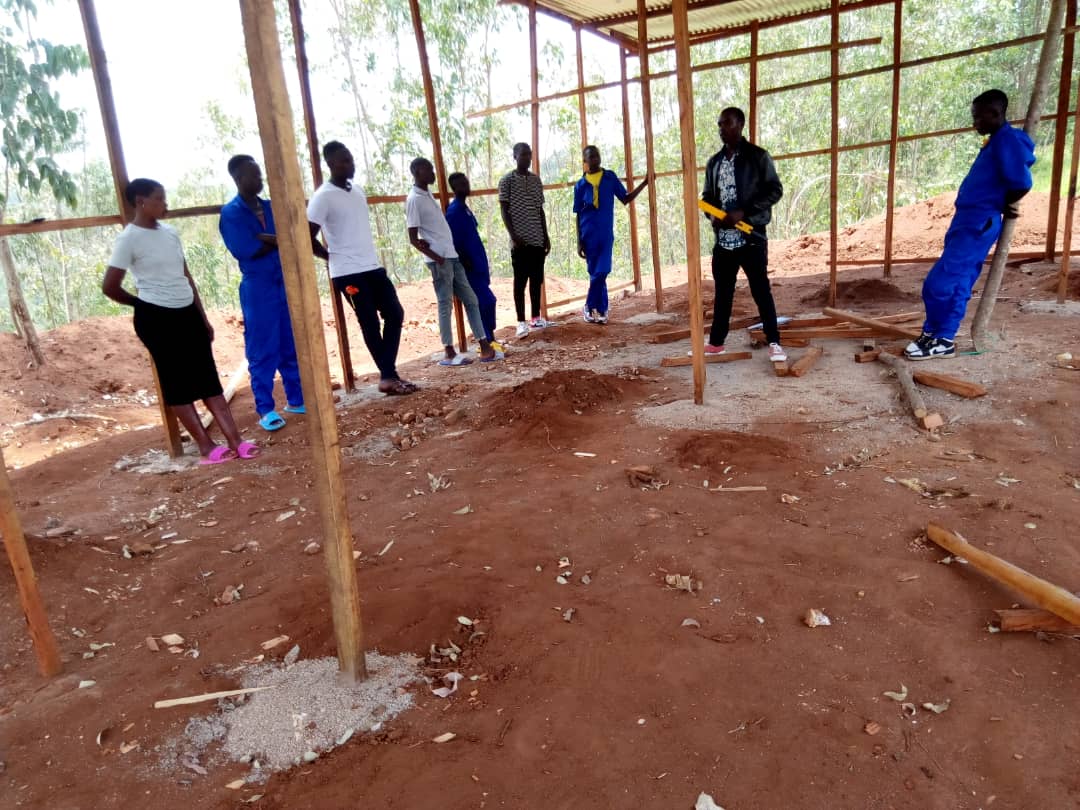
Rwanda has made significant efforts to protect and support vulnerable groups within its population. The government and various organizations, including NGOs and international agencies, have worked to address the needs and rights of vulnerable populations in the country. Here are some key vulnerable groups and the protection measures in place:
Genocide Survivors:Rwanda experienced a devastating genocide in 1994, which resulted in the loss of hundreds of thousands of lives.
The government has since implemented a range of programs and support services for genocide survivors, including trauma counseling, economic empowerment initiatives, and legal assistance.
Children: Rwanda has implemented policies and programs to protect the rights and well-being of children. These initiatives include improving access to education, healthcare, and nutrition for children.

ADPE has made significant strides in protecting vulnerable populations, including women, disabled people, refugees, and internally displaced persons (IDPs). The government has implemented policies and programs to promote gender equality, protect women’s rights, and improve access to education, healthcare, and employment opportunities. The government has also provided shelter, food, and services to refugees and IDPs. Social protection programs have been introduced for the elderly, orphans, and the LGBTQ+ community. The government and NGOs have also worked to improve infrastructure and access to services in rural and remote areas. Rwanda has also made progress in addressing the HIV/AIDS epidemic, providing treatment, counseling, and support services. However, challenges persist, and ongoing work is needed to ensure the rights and well-being of these groups are continually improved.